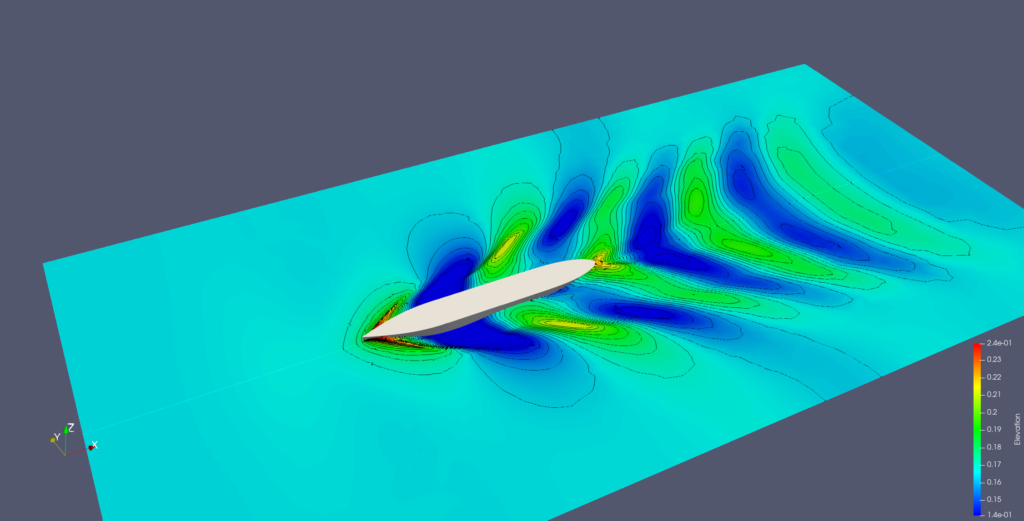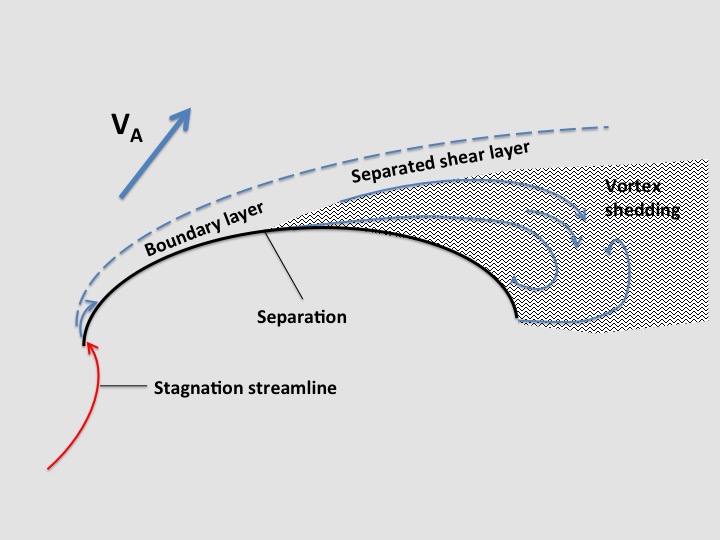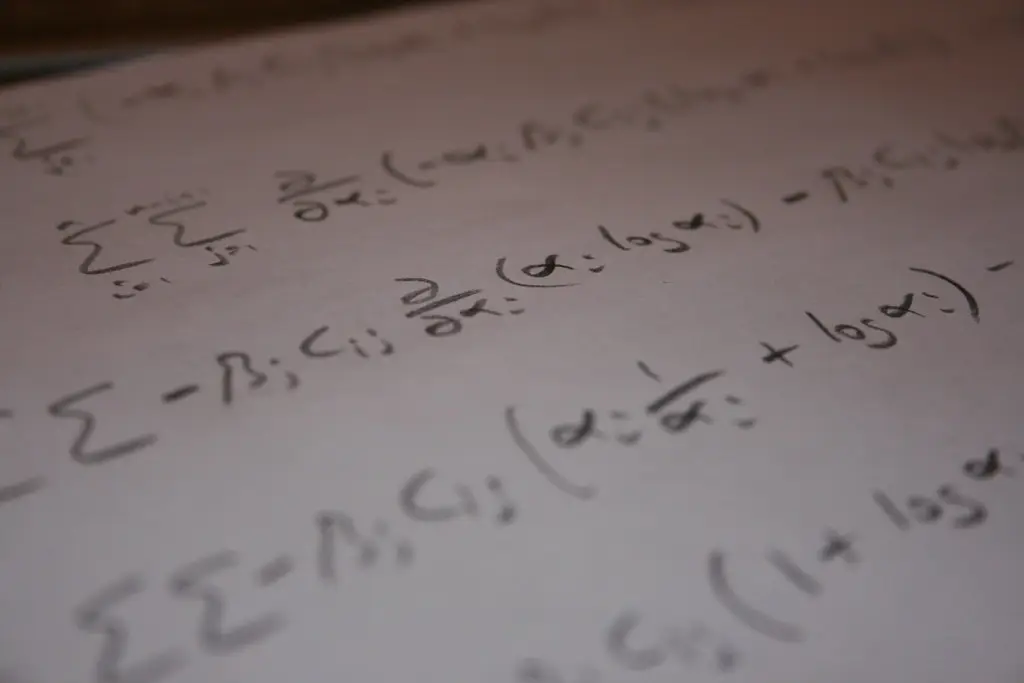Do we need advanced mathematics to start Computational Fluid Dynamics (CFD)? The answer is YES but more accurate answer would be It depends!

So, the more important questions are what you do want to do with CFD and what level of mathematics is absolutely necessary for to your work. To cut to the chase, you will need mathematics for understanding the flow phenomena for your simulations. This is the baseline.
For the first question, the level of advanced mathematics you would need depends hugely on what you want to do. If you are a CFD engineer in a machinery maker and your major responsibilities are carrying out simulations for new designs, most of the time, you will not be doing serious mathematics.

It’s very likely that you end up doing hand calculations necessary for the inputs of your CFD software and those for verification of your simulation. Maybe you need to calculate the Reynolds number based on the length of interest and turbulent inlet values for your simulations. Or the thickness of your near wall boundary layer mesh. Or maybe pressure loss due to friction inside your elbow joint. So, my point is you better focus on your fluid mechanics theory and related mathematics.
On the other hand, if you are a PhD student or in academia, trying to create a new matrix solver for better scaling or working on a new turbulence model, the super advanced mathematics is for you!

For the second question, let’s talk about the baseline requirements. Most undergrad/graduate CFD courses require you to understand partial differential equations and vector calculus for understanding the governing equations and different approaches to discretize these. And linear algebra for solving the matrices computed by discretizing these equations on your Cartesian grid. These theoretical tools provide you insights on the whole process of discretization and solving. In other words, the ins’ and outs’ of most CFD codes (commercial or open source). My point is while you would understand how CFD codes work, you would need to understand the background phenomena you want to simulate.
Therefore, you absolutely need fluid mechanics theory. And consequently, you will inevitably need mathematics for fluid mechanics. Fortunately ,for fluid mechanics courses, the requirements are almost the same as CFD courses! You will need vector calculus and partial differential equations to fully understand various flow phenomena that you would very likely to use in the future. On the other hand, you will be free from having to practice difficult linear algebra (Believe me, linear algebra is difficult if you want to go deep, at least for me).
By understanding the flow phenomena, you will be able to decide the areas where you need to refine the mesh or not. And you will be able to confirm your CFD results with hand calculations. And by combining your theoretical background with CFD’s ability to visualize and probe flow properties at your areas of interest, you will be able to diagnose the design and make improvements.
To summarize, mathematics is absolutely necessary if you want to work with CFD but if you want to go as a CFD engineer, focusing hugely on fluid mechanics theory will carry you throughout your career. If you want to go very deep on research and academics, you will also need a very strong command of advanced mathematics.


